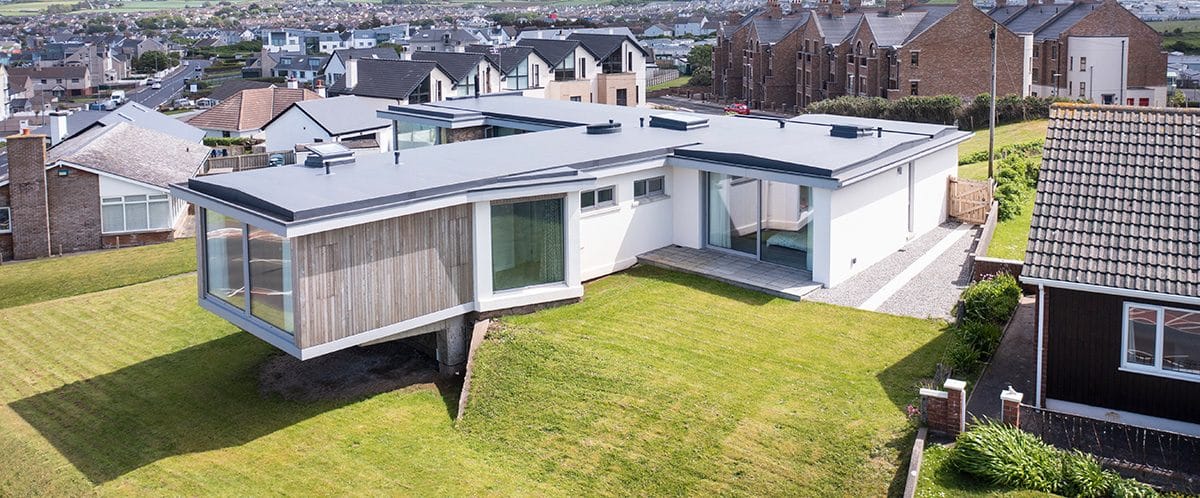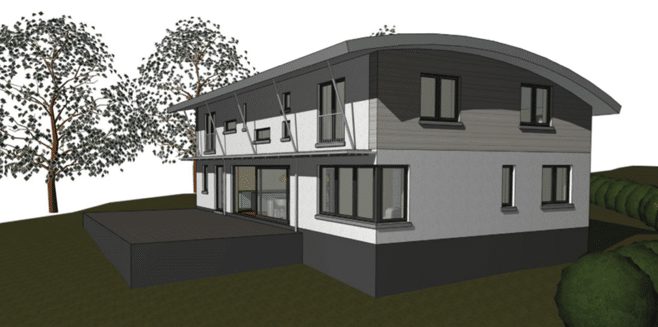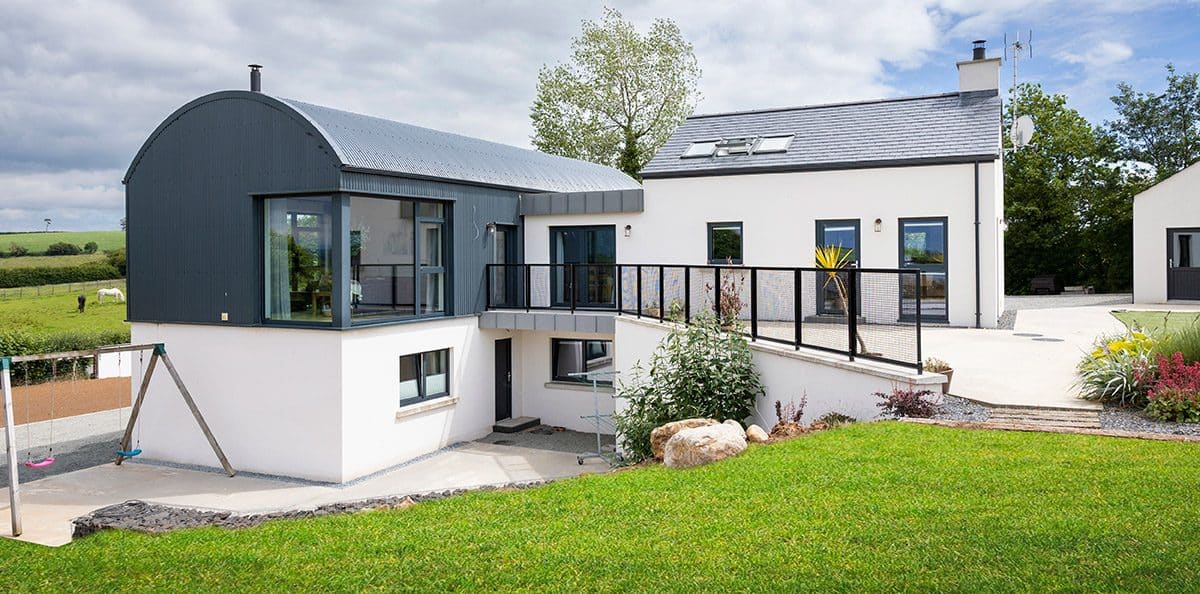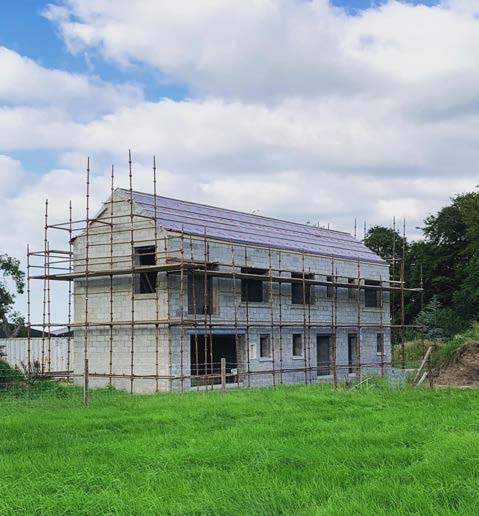If this approach fails, then you’ll need to consider alternative dispute resolution or ADR (‘alternative’ because it doesn’t involve the courts). This is a popular route because of the relatively low legal costs associated with it, depending on the mechanism used. ADR tends to be speedier and less traumatic, with proceedings behind closed doors, than presenting your case to a judge. CIAT has a ‘Dispute Resolution Scheme’ you can turn to; it is run independently by a company that specialises in mediation, arbitration and adjudication.
Mediation is suitable when both parties genuinely want to settle the matter. To engage in this procedure both the client and the architect must agree to it. Furthermore, the outcome will only be binding if both parties are satisfied with it, otherwise it will be abandoned. Mediation generally takes just two to three months to complete and you should be given about four weeks to submit a concise summary of your case. It is kept confidential – it cannot be used as evidence in subsequent proceedings regardless of the outcome. The RIAI operates an informal mediation system whereby a mediator (typically a senior member) is appointed by the RIAI to help resolve disputes between RIAI members and their clients. The RIAI also offers a telephone advisory system. A client who is worried about the service they are getting from their RIAI architect or architectural technologist can call at any time to check on whether it is up to standard and, if not, how best to get things back on track. Both of these systems, offered by the RIAI as a professional body, are free of charge. RIBA offers a ‘Scheme Mediation’ and you can apply through them for a fee. However the mediator’s fee will also need to be paid by the parties looking to settle the dispute; according to RIBA, daily rates may vary from £1,200 + VAT upwards.
If mediation fails, the second most common ADR alternative is arbitration. It’s a process which is very similar to litigation as it involves pleadings and a full hearing based on the law of evidence. The outcome is just as legally binding and the costs, as well as the amount of time it can take to gather evidence, present it and reach a decision, also tend to be similar to bringing your case in front of a judge – the big difference is that arbitration is, as are all ADR proceedings, a confidential process led by professionals in their field, and it is conducted in a more informal setting. Arbitration rulings are very difficult to overrule and damages can be awarded by the arbitrator much as a judge would.
Other ADR options include adjudication (more common in NI) and conciliation (almost exclusively applies to ROI construction industry). Adjudication is similar to arbitration, except that the outcome of the proceedings aren’t final and the timeframe and costs tend to be significantly lower. In NI adjudication is a statutory right for many construction contracts, which means that it’s very difficult to get the decision overturned (e.g. need to prove the proceedings were unfair). In all cases, adjudication rulings go by the motto “pay now, argue later” – the decision is binding until the case is taken to arbitration or to the courts. Conciliation, meanwhile, is much more like mediation except the conciliator is bound to offer a solution at the end of the proceedings even if the parties fail to see eye to eye. The conciliator’s recommendations become final and binding if both parties sign the agreement. Each party is allowed to reject the terms within a specified time frame; in that case the entire procedure is to remain confidential and the outcome non-enforceable.
If your complaint relates to professional misconduct, then you will have recourse to the registration bodies, RIAI or ARB, or to the professional bodies RIAI, RIBA, RSUA or CIAT, to make what is called a ‘formal complaint’. This will deal with the architect’s professional standing and has nothing to do with resolving disputes and/or seeking damages. For this you will have to make the case that your design professional has breached the Code of Conduct that the institute he/she belongs to has in place. A registration or professional body will not necessarily take disciplinary action against an architect for a failure to meet the standard; they will first look to see if his or her actions amount to unacceptable professional conduct or serious professional incompetence.
The relevant board will then decide whether your complaint warrants a disciplinary hearing in front of what is called a Professional Conduct Committee (PCC) in both NI and ROI. For architects in ROI the PCC may ask that you to turn to mediation before examining the case themselves. Indeed in ROI the Building Control Act refers to mediation as an alternative to formal complaint procedures. The PCC has yet to be established, so the procedures have not yet been formally put into place, but it is possible that the service will not be free. If you currently need to go down this formal route, know that you will be put on a waiting list until the PCC has been fully appointed. If your architect is a member of the RIAI (i.e. is an MRIAI or FRIAI, not just on the official register) then you can avail of the free informal mediation service they provide to their members.






